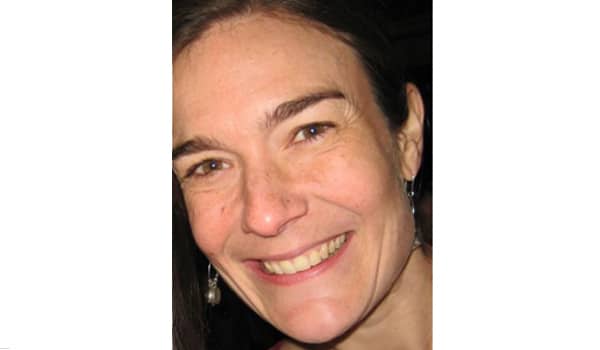
PHOTO: New York Times, 7 November 2019
RAISE writes: “We at RAISE are devastated by the tragic death of our friend and former colleague, Jennifer Schlecht, whose work to ensure women and girls in humanitarian settings had access to good quality SRH services will be carried on. In Jenn’s honor, we are focusing this week’s literature review on a selection of articles that she co-authored over the years.” RAISE Initiative, 15 November 2019
The following is the abstract of one of those articles:
Prioritizing programming to address the needs and risks of very young adolescents: a summary of findings across three humanitarian settings
by Jennifer Schlecht, Catherine Lee, Brad Kerner, MeghanGreeley & Courtland Robinson
Conflict and Health 2017 November;11(31) Supplement 1 DOI: 10.1186/s13031-017-0126-9 (Open access)
Background: Between 2013 and 2014, a series of qualitative and quantitative research efforts were undertaken in three conflict-affected communities (Syrian refugees in the Bekaa Valley, Lebanon, Somali refugees in Kobe Refugee camp Ethiopia, and migrant communities from Myanmar settled in Tak Province, Thailand) that sought to understand the lived experiences of very young adolescents during emergencies. A research consortium that included the Women’s Refugee Commission, Johns Hopkins University, American University in Beirut, International Medical Corps in Ethiopia, Save the Children in Lebanon and the Adolescent Reproductive Health Network in Thailand convened around these activities.
Methods: The core research initiative, “Sexual and Reproductive Health Needs and Risks of Very Young Adolescents in Humanitarian Contexts” involved three phases of research: 1) A program needs assessment completed with key informants working on adolescent sexual and reproductive health in each context 2) qualitative research, that incorporated participatory approaches, with adolescents 10–16 years of age, and adults in the community in all three settings, and 3) A household survey with 10–14 year-olds in Ethiopia and Thailand. An additional phase of research was added in Lebanon and Ethiopia, to further explore the issue of child marriage, which was a prominent experience, identified within the core research initiative on very young adolescents.
Results: This research supplement, exploring the experiences during early adolescence, highlighted the crucial role of education, prominent experiences of insecurity, existing knowledge on body change and fertility, peer and family relationships among this age group, as well as concerns around child marriage (Lebanon and Ethiopia), child labor (Thailand),and gender roles.
Conclusion: Given the findings presented within this supplement, there are broad implications for work with very young adolescents by humanitarian actors in the settings where research was undertaken, and potentially, more broadly. Programs that promote health and well-being during early adolescence are critically needed in settings of conflict and displacement, and coordination among the diverse range of actors involved in such programming will be essential. Additionally, SRH programs for adolescents (10–14 years of age) in emergencies should include, at minimum,sensitive care for survivors of sexual violence, menstrual hygiene management,life skills, and fertility education. Humanitarian programs can better engage with parents, teachers, and community leaders as partners in the development and implementation of programs. Finally, fundamental rights to protection and education for all adolescents must be upheld.



